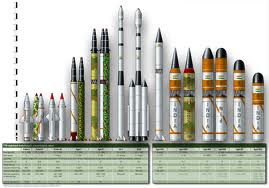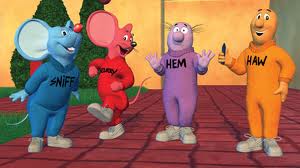Dream, Dream, Dream
Dreams transform into thoughts
And thoughts result in action
India has been a developing country for more than 60 years now. What is taking it so long that we are not yet established as a developed nation? The scarcity of resources is not the cause of our problems. We have abundance of manpower, talent and natural resources. What we lack is the vision and approach towards them. We don’t try much unless pressurized to do so. Only when something is at stake, our minds are ignited and our capabilities become manifold. “Ignited minds” is all about having that conviction in our potential and setting aside the inferiority complexes that hinder our progress.
 During his visit to various educational institutions, Dr Kalam was moved by the powerful, imaginative questions and innovative ideas of young students. He urges the youth to focus on self realization, achieved through excellence in education along with spiritualization. There has to be role models such as Parents and teachers right from the childhood, to great leaders in various political, socio-economic and industrial fields. Vision generates the best in every field. Kalam mentions exemplary visionaries like JRD Tata, Dr Vikram Sarabhai, Dr Verghese Kurien etc. who played an unforgettable part in the development in their respective fields.
During his visit to various educational institutions, Dr Kalam was moved by the powerful, imaginative questions and innovative ideas of young students. He urges the youth to focus on self realization, achieved through excellence in education along with spiritualization. There has to be role models such as Parents and teachers right from the childhood, to great leaders in various political, socio-economic and industrial fields. Vision generates the best in every field. Kalam mentions exemplary visionaries like JRD Tata, Dr Vikram Sarabhai, Dr Verghese Kurien etc. who played an unforgettable part in the development in their respective fields.
India has stood bravely against the subjugation and adjusted with the division of society. Many of India’s best in the field of science, art, literature, industry etc. thrived during the independence struggle. But, since independence, the aims and expectations of the people have lowered. Kalam urges the people to rise and build upon the age old wisdom and heritage; not to let divisions break the national interest; and to make India a knowledge superpower, as was Ancient India a knowledge society.
An important aspect is the development of rural areas at par with the cities so as to put an end to rural-urban migration. This can be done with proper roads and transport facilities in villages, which will also aid in employment opportunities. Other helpful modern age tools are telemedicine, tele-education, generating skills, e-governance, and information and communication technology.
 Dr Kalam emphasizes on the value addition of our resources as a key to wealth generation for the nation. Dr Kalam gives an example when they needed Beryllium diaphragms for the SLV-3 project. The US refused to give it to them as they could be used to make gyros mounted on Intercontinental ballistic missiles (ICBMs). It’s an irony that India has one of the largest deposits of beryllium ore, exported to Japan, who processed the ore to make beryllium rods and sold them to the US which in turn used them to make beryllium diaphragms! The issue came out in the press and the export of the ore was stopped.
Dr Kalam emphasizes on the value addition of our resources as a key to wealth generation for the nation. Dr Kalam gives an example when they needed Beryllium diaphragms for the SLV-3 project. The US refused to give it to them as they could be used to make gyros mounted on Intercontinental ballistic missiles (ICBMs). It’s an irony that India has one of the largest deposits of beryllium ore, exported to Japan, who processed the ore to make beryllium rods and sold them to the US which in turn used them to make beryllium diaphragms! The issue came out in the press and the export of the ore was stopped.
The idea of progress has to be implemented as a purposeful activity in mission mode. This can be done when the centre and the state work in co-ordination with double the effort, to reach the goal in half the time as the current process. Only when we ignite our dormant inner energy, the nation will become peaceful and prosperous.













